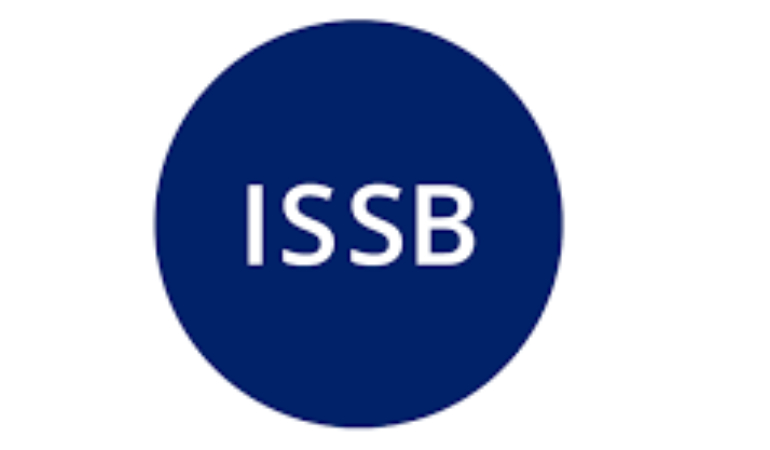ISSB or The International Sustainability Standards Board is exploring standards on the risks and opportunities linked to biodiversity, ecosystems, ecosystem services, and human capital.
For now, ISSB has decided not to undertake human rights projects or integrate them into reporting but will monitor developments and consider including them in future agenda consultations.
Engaging with other frameworks:
The body will establish its own standard-setting work in key areas to establish specific disclosures for sustainability-related financial disclosures, establishing a global baseline.
It plans to build on existing initiatives, including SASB Standards, CDSB guidance, and the Task Force on Nature-related Financial Disclosures (TNFD), similar to its inaugural Standards approach.
The ISSB will also focus on implementing IFRS S1 and IFRS S2, enhancing SASB Standards, and addressing emerging needs, while also engaging with the International Accounting Standards Board.
ISSB and IASB will continue to endorse the Integrated Reporting Framework for promoting high-quality corporate reporting and providing a comprehensive investor information package, the body said in a press release.
The research projects will concentrate on investors’ common information needs to evaluate the potential impact of risks and opportunities on a company’s prospects.
Emmanuel Faber, Chair, ISSB, explains:
“Beyond climate, we are committed to building out the global baseline of sustainability-related financial disclosure to meet the needs of investors. Feedback indicated a significant and growing need among investors for improved disclosures around biodiversity, ecosystems and ecosystems services as well as human capital, as a key source of value for companies.”
“Our industry-specific SASB Standards continue to be used as a cost-effective way of providing decision-useful information to investors. We are committed to enhancing the SASB Standards further given they will also support our new research areas. We look forward to sharing our work plan for the next two years in June,” he said.

